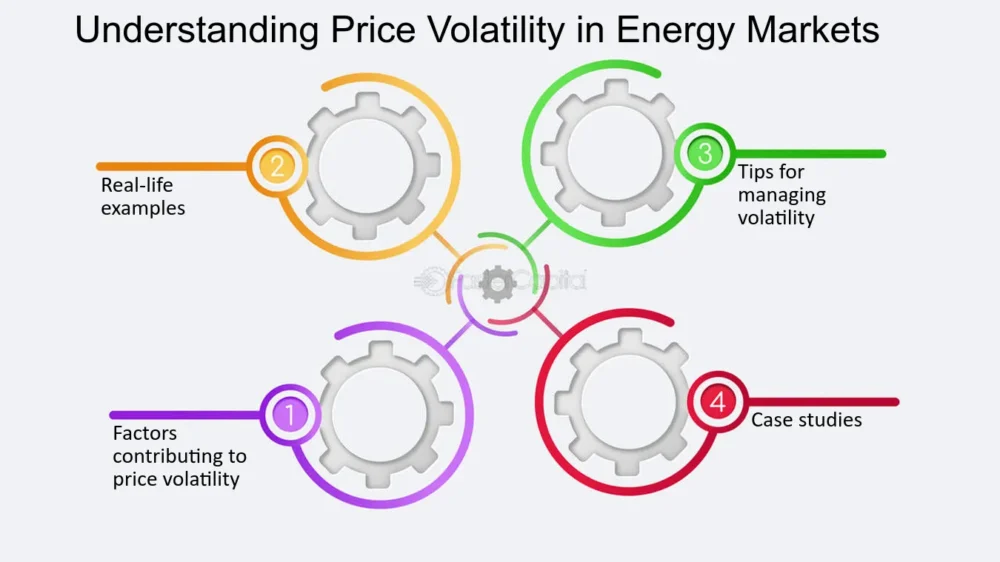How Energy Price Fluctuations Are Affecting Investment Opportunities in Greece
Recent price fluctuations of energy resources have had a major impact on potential investments within Greece’s borders. Imports make Greece highly sensitive to world oil and gas market price changes, because it obtains most of its energy supply from abroad. Rising energy costs have two major effects that increase living expenses for citizens and make business operations more expensive. Energy price decreases provide short-term economic advantages, which open new possibilities for investors who can use lower rates to achieve lower inflation. Investors need to comprehend the pattern of changes in the Greek market when they want to succeed with their business ventures.
Greek energy infrastructure is changing through renewable energy development, while minimizing fossil fuel imports from overseas sources. The increased cost of oil and natural gas drives Greece to pay higher energy bills, which reduce both economic growth and industry investments. Investors find it extremely difficult to make accurate portfolio choices while depending on energy market stability due to this situation.
Greek investors now focus on acquiring precious metals as a means to protect their assets from volatile fluctuations in energy costs. The constant rise of energy prices creates conditions that drive up inflation, leading more people to choose gold as a safer investment. Precious metals trading operates as an effective investment strategy for wealth protection, since precious metals demonstrate market strength when economic conditions become unstable or when inflation occurs. The economic instability in Greece can be addressed by the secure nature of precious metals which acts as an appealing hedge against the uncertain energy price system.
A thorough analysis requires examination of how energy price changes affect other economic sectors in Greece. Growing energy prices negatively affect the major tourism industry segment, which contributes substantially to Greece’s economy. The upward trend of fuel costs drives up transportation expenses which subsequently raises prices for tourists from both domestic and international markets. Higher energy costs might discourage tourists which would reduce earnings of hospitality business operators. Investors who own shares in tourism or travel companies need to predict how energy price changes will influence customer behavior before making any investment decisions.
As part of their energy independence initiatives, Greece continues making investments in renewable energy projects. Energy transition initiatives in Greece present possible investment options for participants wishing to join the country’s green energy development. The Greek renewable energy market maintains developmental status yet shows promise because the country pursues fossil fuel import reduction. Improvements in implementing renewable energy projects over the next years will establish steady energy prices and create favorable environmental conditions for Greek investments.
Investors should track the worldwide energy market together with Greece’s domestic economic standing to make successful decisions. Understanding the market volatility in Greece, which results in major sector effects from energy price changes, becomes essential for investors to make informed decisions. Traditional investments and precious metals trading market participation enable investors to handle shifts effectively, which results in substantial long-term success. Investors who monitor energy market trends along with alternative asset types have better opportunities to prosper despite price volatility in the energy market.

